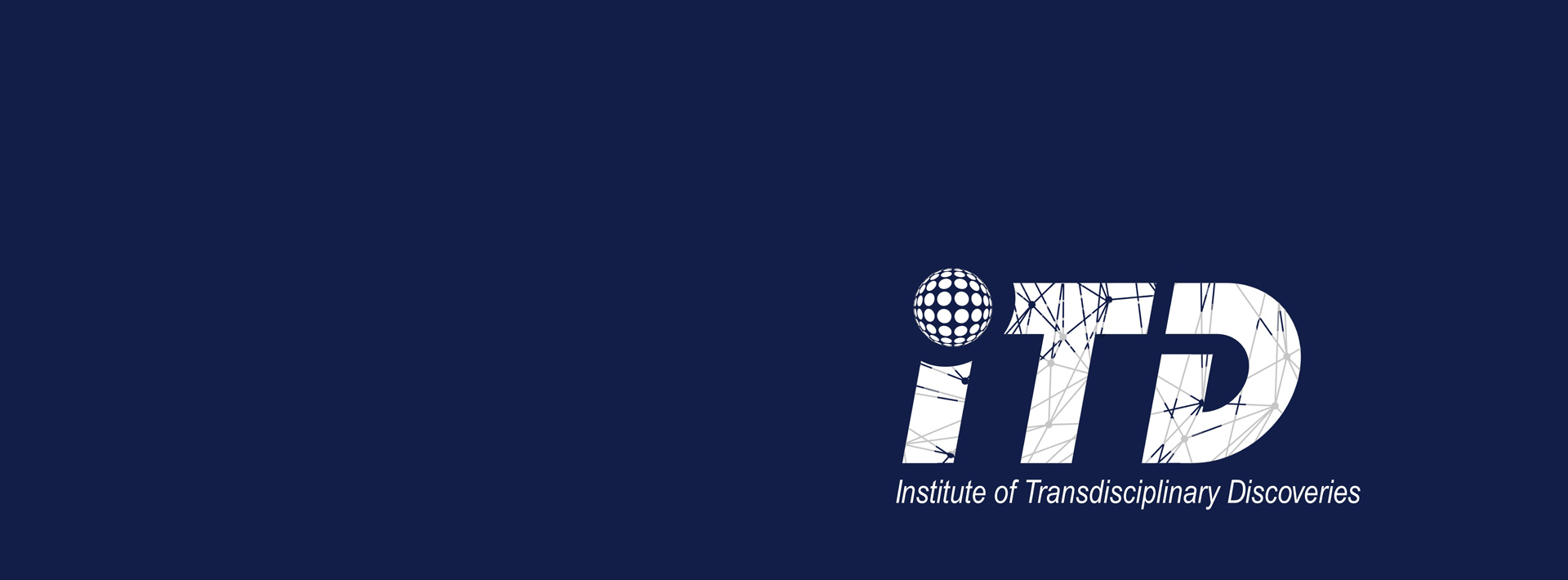Adatok
A Tantárgybejelentőben megadott hivatalos adatok az alábbi tanévre: 2024-2025
Tantárgyfelelős
-
Sik Attila Gábor
senior research fellow,
Institute of Transdisciplinary Discoveries
Óraszámok/félév
előadás: 10 óra
gyakorlat: 2 óra
szeminárium: 0 óra
összesen: 12 óra
Tárgyadatok
- Kód: OBF-HDG-T
- 1 kredit
- Biotechnology MSc
- Optional modul
- spring
Nincs
Kurzus létszámkorlát
min. 5 fő – max. 60 fő
Tematika
There are several good habits and pleasures in life what people like because these make their life joyful (gastronomy, games, alcohol, sex, gambling, social media, etc.). The brain is the organ which transform physical impacts to joy. In the meantime, these joys are addictive and addiction is more then only hedonism and bad habit. It causes several mental and physical diseases, personal life crisis, and, on the healthcare side it generates costs while healing. Also on a society level is appears, economy, law and other fields see its consequences.
The course deals with joy and addiction from a perspective of the brain but the focus is not limited to a medical approach. It defines why joy is joy and how could it transform to addiction, which is a threat to the person, the society and to health. The concept of the course is that it is compares neuroscience with sociology, law and economy as a whole, to show joy, hedonism and addiction in a more holistic and interdisciplinary way. Professors from the Medical School and from other Faculties are going to deliver the classes in a cooperative method with practical experiences. Gastronomy can be a practical example for the students, that is why the course is called Hedonism in Practice – a visit to an external venue with a meal what comes with science will show to participants how joy works in practice.
A class – as planned now will look like: one topic (Win to loose? Games and gambling as an addiction) with two speakers, for example a professor from Health and Medical Sciences and a professor from Sociology. According to this comparing methodology the students will get a better understanding, why addiction is a problem and how complex it is to handle it.
Please note that there are two planned external classes (2 of 12):
the first will take place in a restaurant (will be booked later on according to the number of students) and will have additional costs, a meal (approximately 3000 HUF per person) which must be covered by the student.
The other external class planned to take place at the Viticultural and Oenological Research Centre of the University of Pecs. The costs must be covered (wine tasting, approx. 3000 HUF per person) by the student.
Előadások
- 10. How to do it? Epicurean or hedonism? - Tuboly Ádám Tamás
- 8. Sex as a necessary drug (guest speaker) - Hoffmann Gyula
- 9. The philosophy of hedonism - Tuboly Ádám Tamás
- 7. Sex as a necessary drug (guest speaker) - Hoffmann Gyula
- 6. The art of sin: hedonism in History - Deák Máté Iván
- 4. Fashion and hedonism - Maksa-Egri Petra
- 5. How hedonism appears in arts and literature? - Jankovits László
- 3. How joy works in terms of neuroscience? - Sik Attila Gábor
- 1. Introduction - Sik Attila Gábor
- 2. The brain as a “fun” - Sik Attila Gábor
Gyakorlatok
- 11. External class I: Gastronomy. Why we love to eat? - Sik Attila Gábor
- 12. External class II: Alcohol as a part of culture - Sik Attila Gábor
Szemináriumok
A tananyag elsajátításához szükséges segédanyagok
Kötelező irodalom
How Pleasure Works: The New Science of Why We Like What We Like. By Paul Bloom. W.W. Norton, 2011.
Inventing the Individual: The Origins of Western Liberalism. By Larry Siedentop. New York, Penguin Books, 2014.
Lucretius: The Nature of Things. By Lucretius. Translated by Alicia Stallings. Introduction by Richard Jenkyns. Written by Titus Lucretius Carus in around 60 BCE. New York, Penguin Classics, 2007.
The Moral Landscape: How Science Can Determine Human Values. By Sam Harris. New York, Free Press, 2010.
Saját oktatási anyag
Jegyzet
Ajánlott irodalom
The Birth of Hedonism: The Cyrenaic Philosophers and Pleasure as a Way of Life. By Kurt Lampe. Princeton University Press, 2015.
Moral Darwinism: How We Became Hedonists By Benjamin Wiker. IVP Academic, 2002.
The Birth of Pleasure. By Carol Gilligan. Vintage, Reprint edition, 2003.
Carnal Philosophy: Ethics, Aesthetics, and Erotics By Julien Offray de La Mettrie.
Culture of the Slow: Social Deceleration in an Accelerated World. Edited by N. Osbaldiston. Palgrave Macmillan, 2013.
Dialectic of the Chinese Revolution: From Utopianism to Hedonism. By Jiwei Ci. Stanford University Press, 1994.
Enlightened Pleasures: Eighteenth-Century France and the New Epicureanism By Thomas M. Kavanagh. Yale University Press, 2010.
From Pain to Pleasure: The Proven Pathway to Happiness: Epicurean Happiness Guidance By Stefan G. Strietferdt. CreateSpace Independent Pub., 2011
A félév elfogadásának feltételei
-
Félévközi ellenőrzések
3 opportunities at the end of the semester as usual. The student must provide an essay (approx. 2500-3000 words) choosing a topic from the provided list.
Távolmaradás pótlásának lehetőségei
Personal work, essay (2500-3000 words)
Vizsgakérdések
The questions and the syllabus will be available on www.itdweb.hu website clicking on “Education” menu and choose “Hedonism in Practice”.
Vizsgáztatók
Gyakorlatok, szemináriumok oktatói
- Deák Máté Iván
- Hoffmann Gyula
- Jankovits László
- Maksa-Egri Petra
- Sik Attila Gábor
- Tuboly Ádám Tamás
